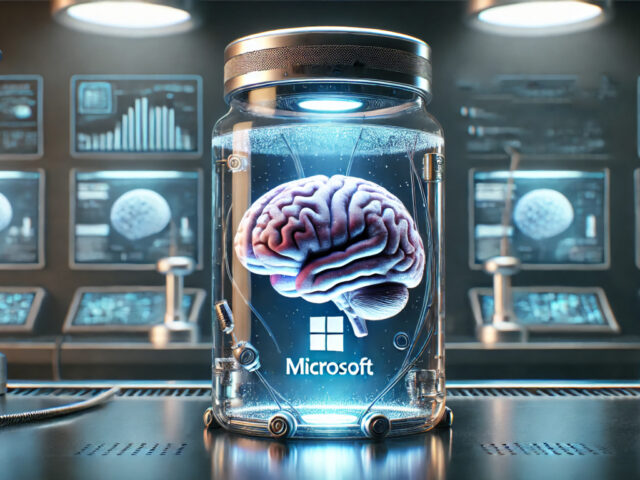Microsoft's AI research mimics the human brain: Should we be terrified?

Microsoft is delving into the depths of human brain function, trying to replicate its most complex processes in artificial intelligence. While this might sound like progress, it raises a chilling question: Are we on the brink of creating an AI that could outthink and overpower its creators?
In collaboration with top universities, Microsoft Research Asia is spearheading projects that mimic the brain's intricate neural networks. CircuitNet, one such project, isn't just another AI -- it’s a system designed to think like a human. By replicating the brain's connectivity patterns, CircuitNet could potentially surpass current AI capabilities, processing information with an efficiency and accuracy that traditional systems can’t match.
Then there's Spiking Neural Networks (SNNs), a new breed of AI that mirrors the brain's energy-efficient communication methods. These networks only activate neurons when necessary, saving power but also pushing the boundaries of AI's predictive abilities. What happens when machines can predict our actions, our needs, and perhaps our very thoughts, with terrifying precision?
Microsoft’s researchers are also refining SNNs with techniques like CPG-PE, which could make AI even more adept at processing complex patterns. This advancement could lead to AI that not only understands the rhythm of our lives but can anticipate and influence them. Are we inching closer to AI systems that could control more than just our devices?
As Microsoft moves ahead with this technology, the potential dangers of this brain-inspired AI are impossible to ignore. With machines that think, learn, and predict like humans, are we paving the way for a future where AI outsmarts humanity? The more we blur the line between human and machine, the more we must ask: Is this innovation, or are we flirting with disaster?l
